An innovative new research stream, Myrtle Rust Programme is set to bolster New Zealand’s ability to respond to plant pathogens.
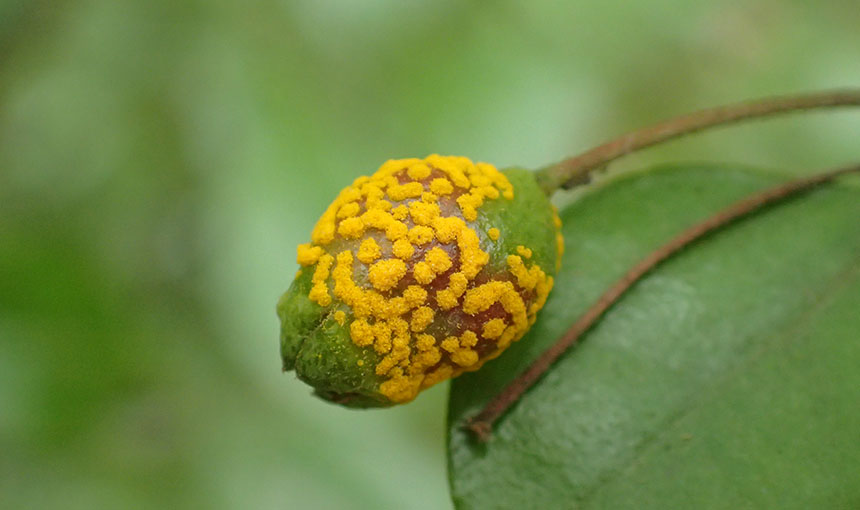
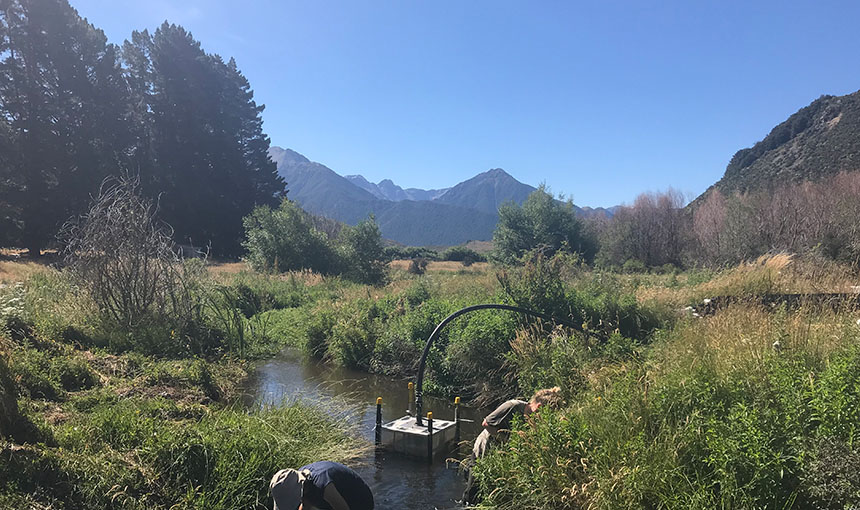
How many are too many snails?
Snails could stop freshwater invertebrate populations from recovering, even after the stream habitat has been restored.
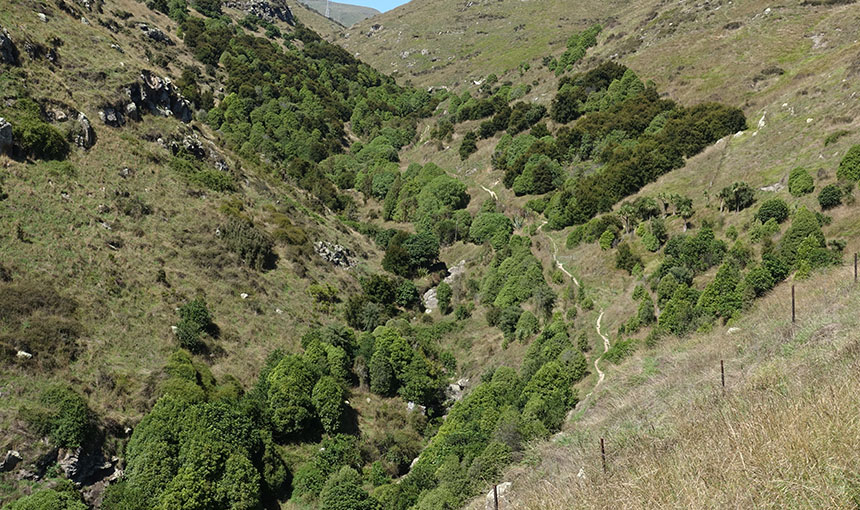
A one-stop-shop for farmers
A BioHeritage project has inspired the creation of what could be the ultimate biodiversity guide for New Zealand farmers.
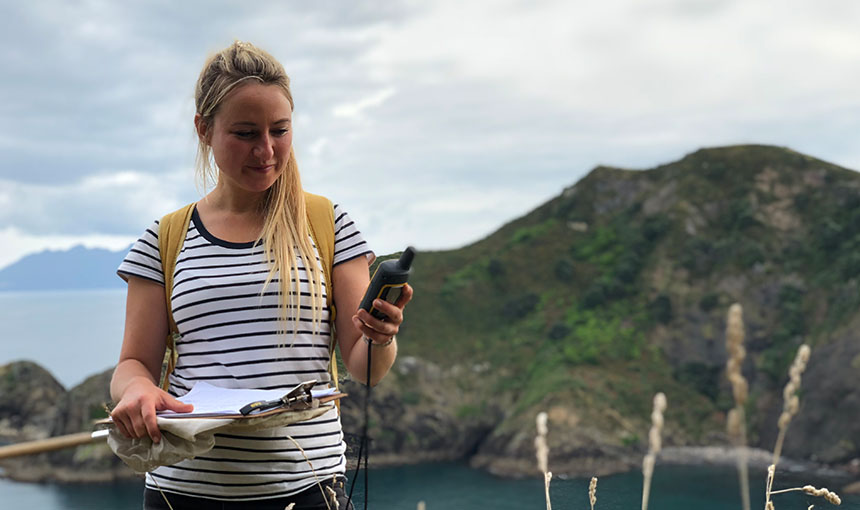
Is “Predator free” missing a predator?
While the rest of the country is on a mission to eradicate fluffy, four-legged predators, Julia Schmack is looking at carnivores of a different scale.
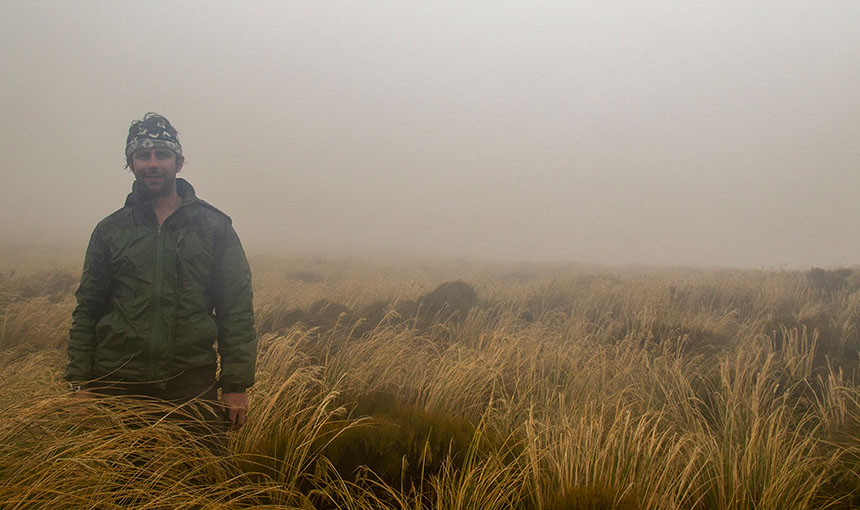
A step closer to predator free
The most ambitious multi-species eradication ever attempted is a step closer to reality, thanks to underpinning research assisted by a BioHeritage project leader.
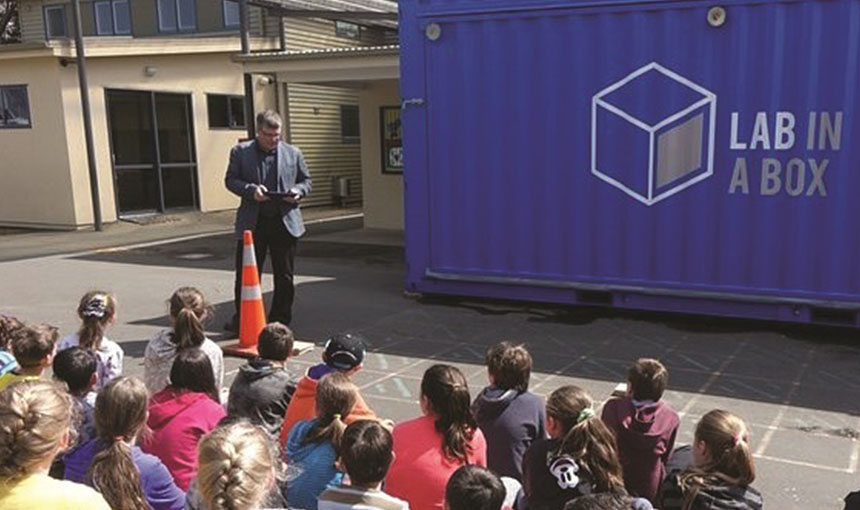
Te Kura o te Kauri gets the green light
Dr Monica Gerth is leading work on Te Kura o te Kauri – The School of the Kauri.
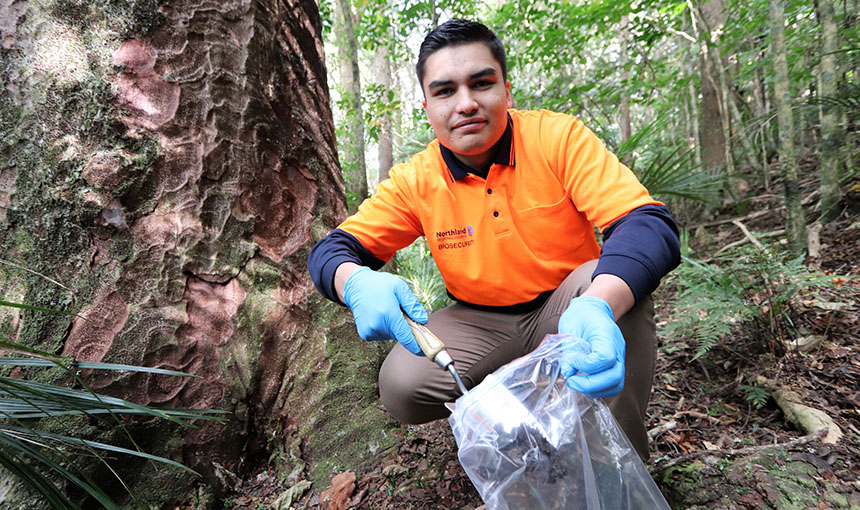
BioHeritage student success
A former BioHeritage student has secured himself a job in a specialist kauri dieback team within the Northland Regional Council.
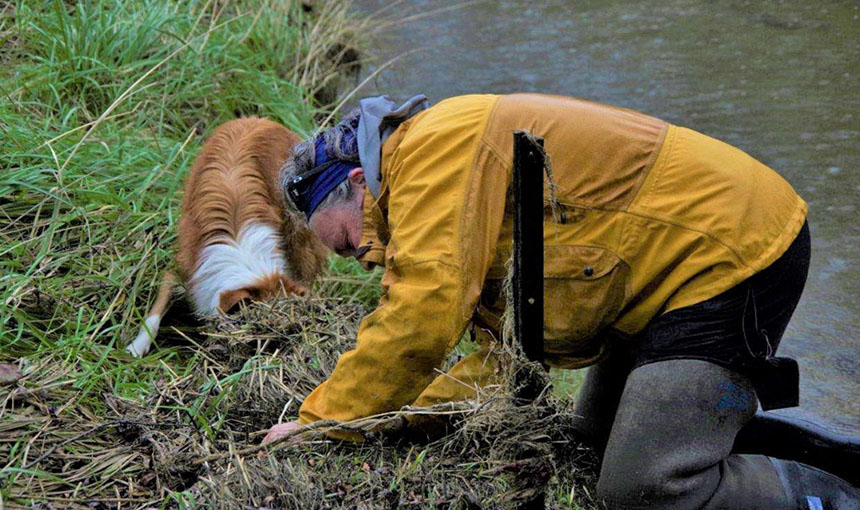
Habitat-forming organisms key to ecological ‘tipping points’
Habitat-forming organisms are key to the function or prevention of ecological ‘tipping points’, experts say.
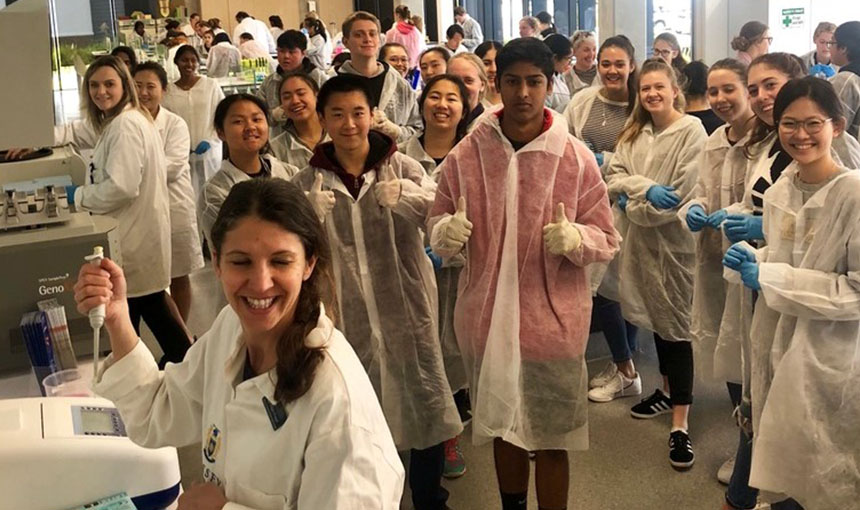
DNA sequencing technology reaches out to students
Cutting-edge technology is enabling scientists to identify what a wild rat had for dinner, which bacteria are in soil, and to see DNA analysis in real time.
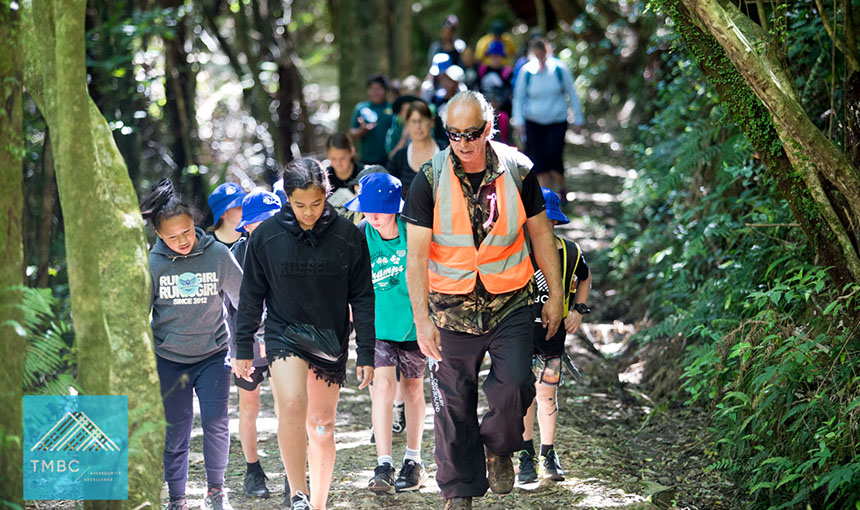
Science & research fundamental to biosecurity
Late last year, BioHeritage made two important connections in Tauranga – as part of a collective effort to create a world-class biosecurity system for Aotearoa New Zealand.